XLRI Jamshedpur boasts a faculty that is renowned, highly qualified, and experienced, with most holding doctorate degrees and having published research papers and books. The faculty includes many experts and consultants in various fields such as Finance, Marketing, and HRM, and maintains a strong industry connection through consulting roles. Approximately 80% of the faculty are committed to providing quality education, and the college's teacher-to-student ratio is favorable. Professors are approachable, supportive, and available on campus 24/7 to assist students.
XLRI is recognized for its robust curriculum, which is designed to meet both academic and industry demands, with a focus on case-based and practical learning approaches. The presence of international faculty and guest lecturers further enriches the learning experience. Notably, XLRI was recognized by London Business School among the top 5 institutes in India for management research.


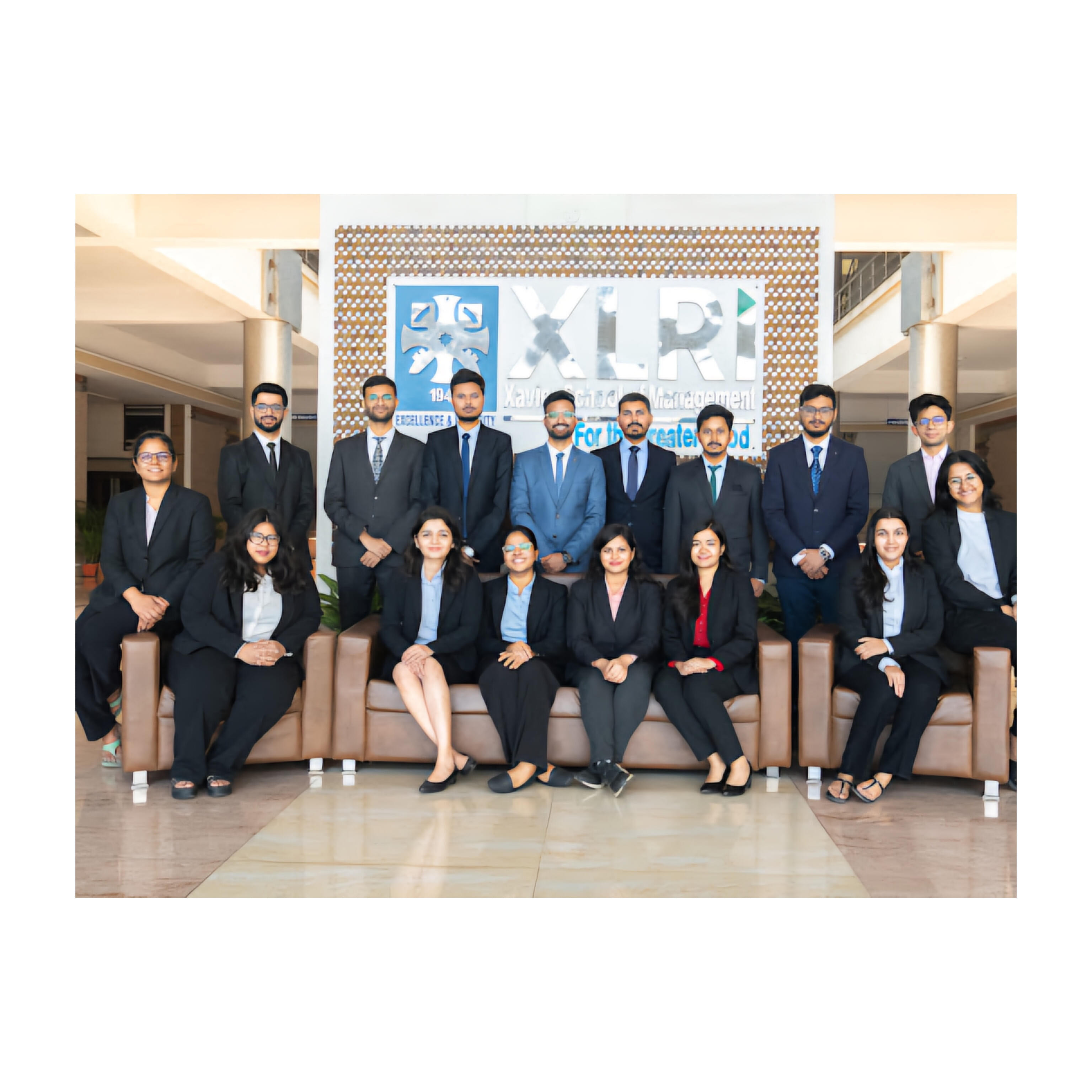
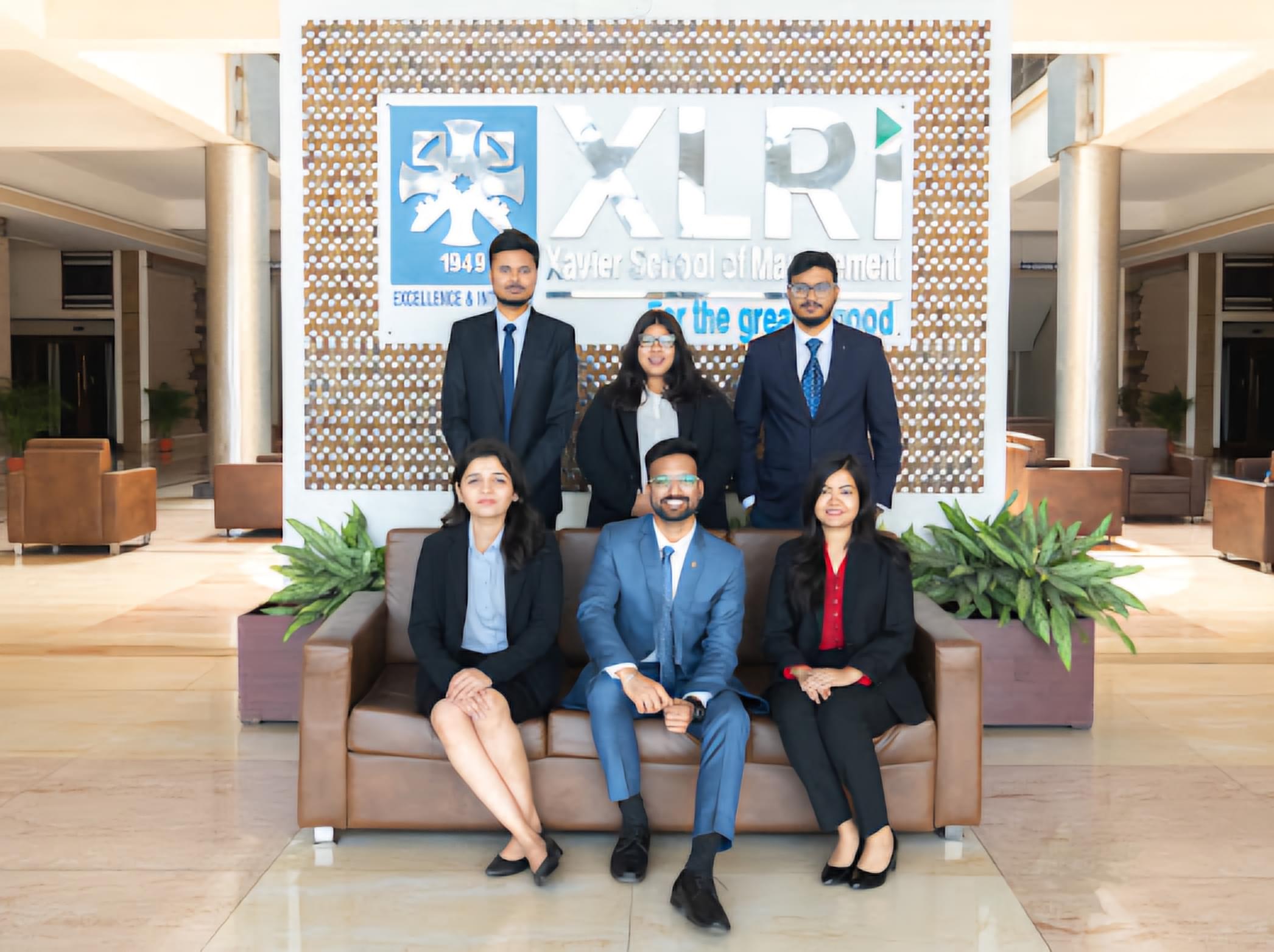
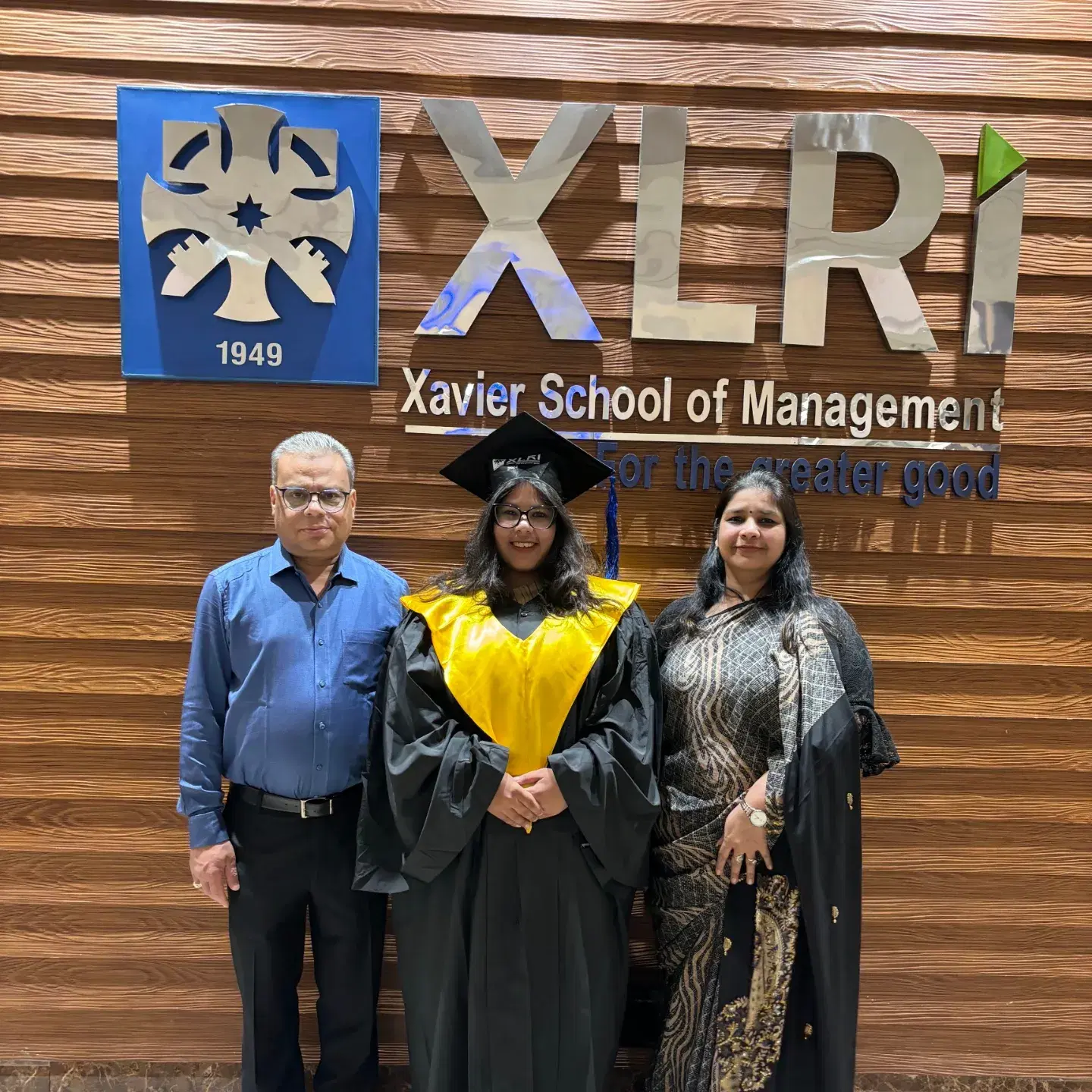
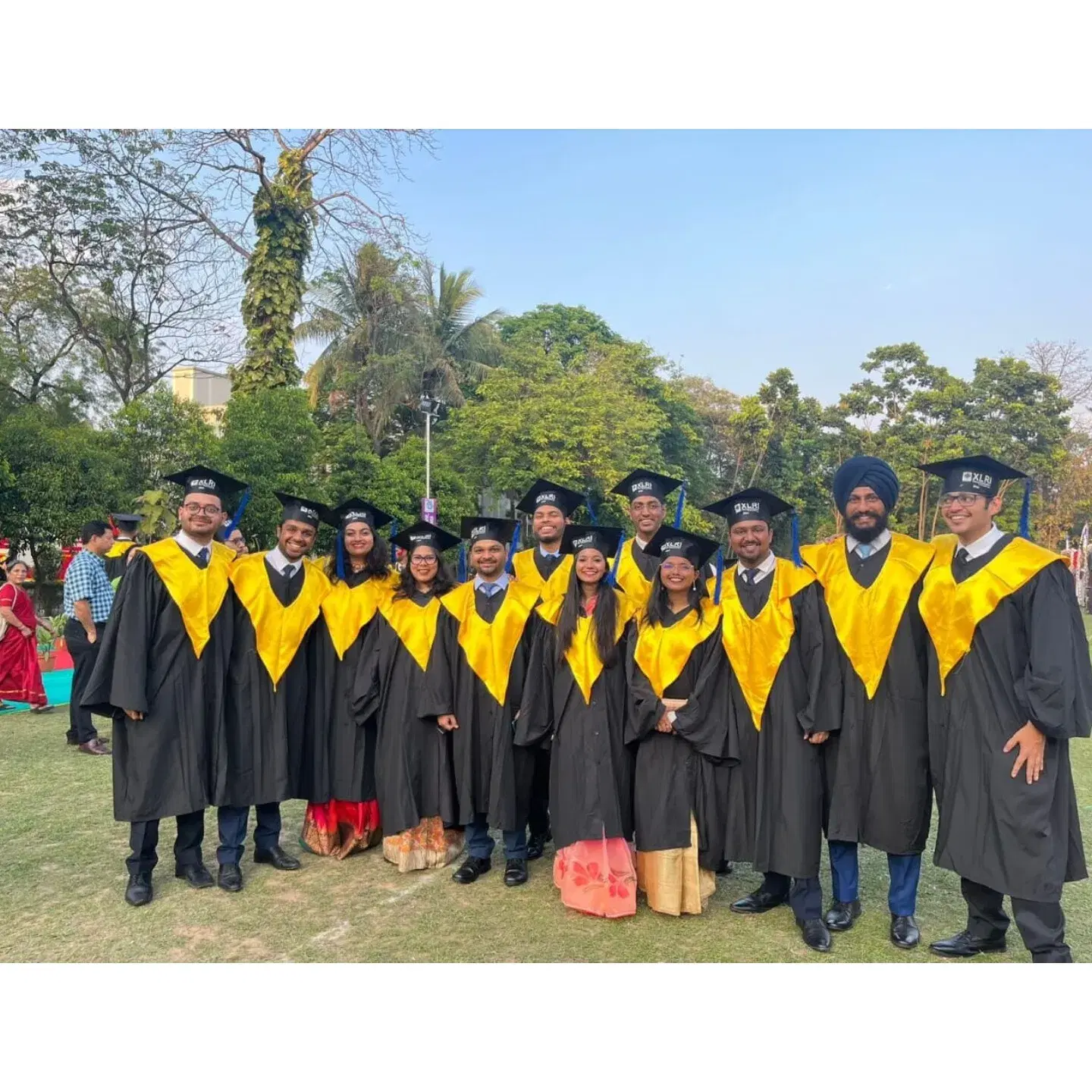
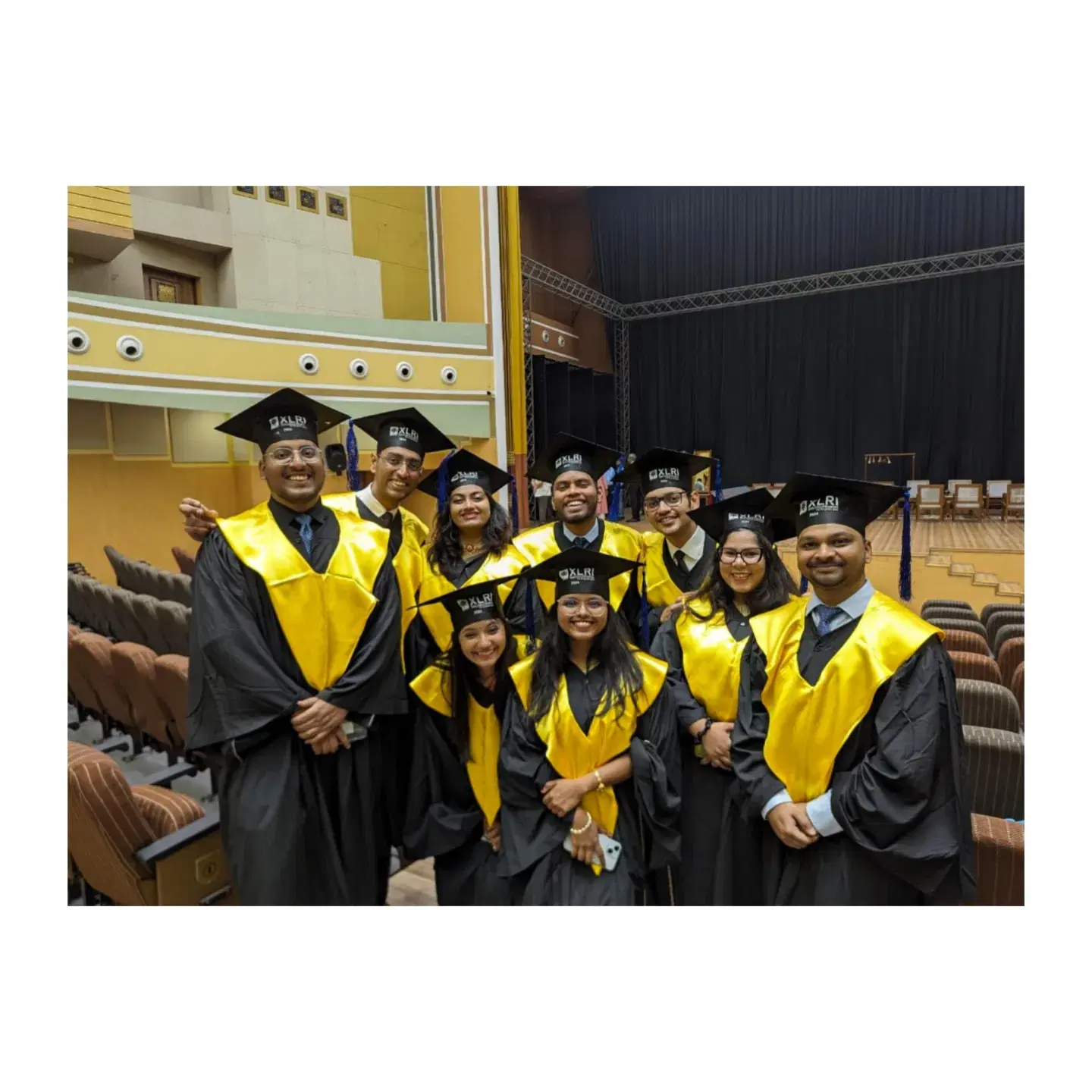
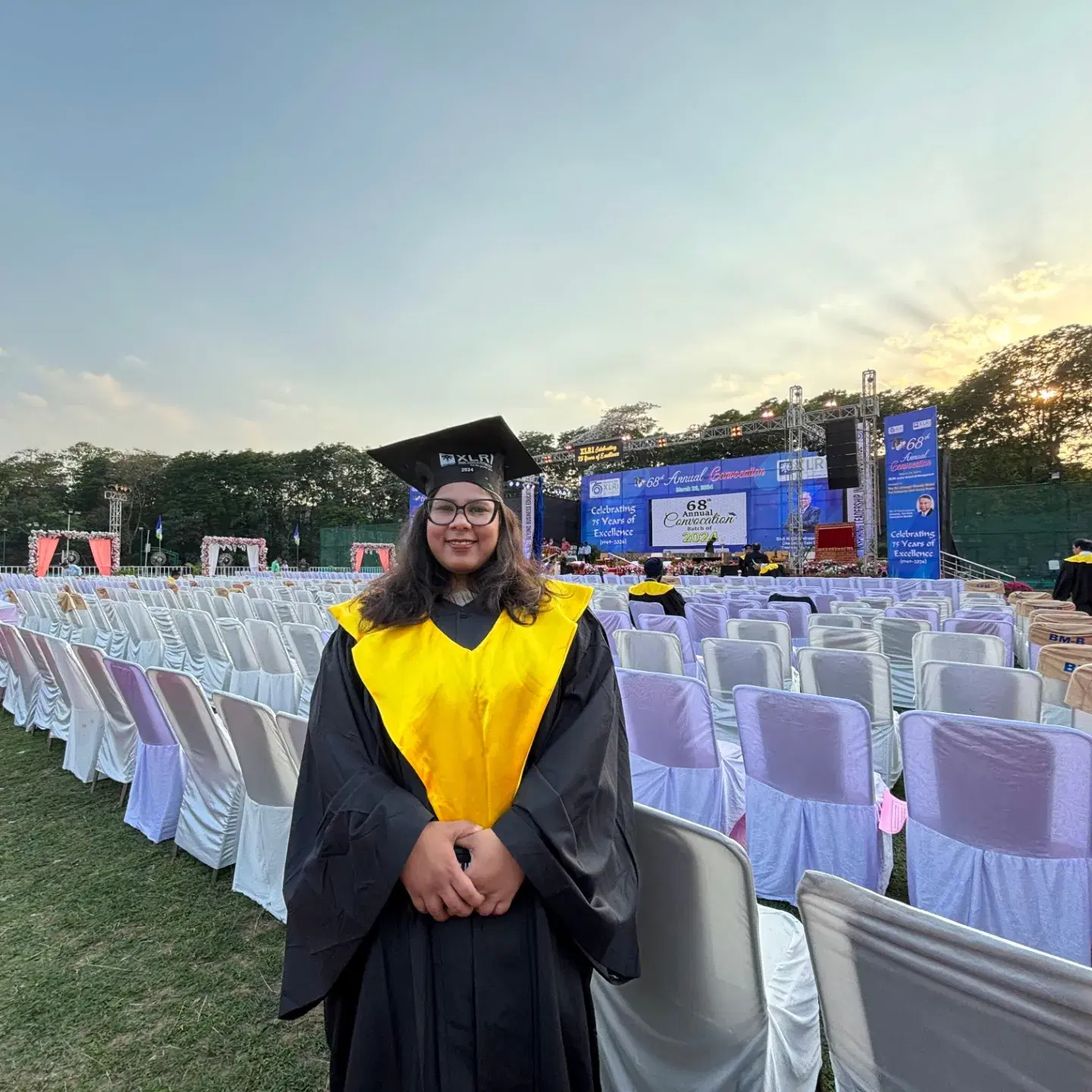
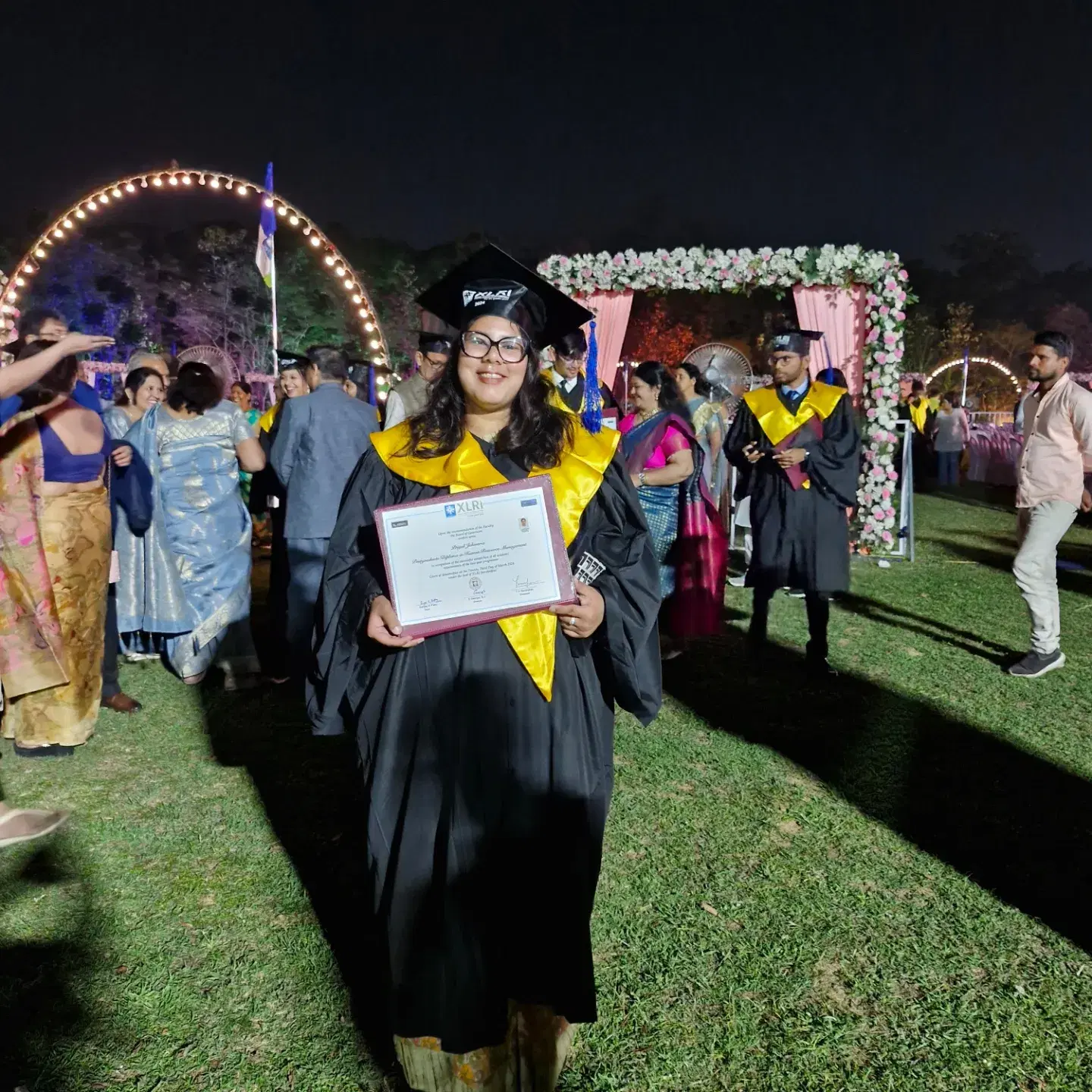

















![Jain Institute of Management & Entrepreneurship - [JIME]](https://image-static.collegedunia.com/public/college_data/images/appImage/1495694666cover.png?h=111.44&w=263&mode=stretch)





![Xavier Institute of Social Service - [XISS]](https://image-static.collegedunia.com/public/college_data/images/appImage/19267_XISS_APP.jpg?h=111.44&w=263&mode=stretch)

![Institute of Science and Management - [ISMR]](https://image-static.collegedunia.com/public/college_data/images/appImage/1616073165Cover.jpg?h=111.44&w=263&mode=stretch)

![Birla Institute of Technology - [BIT] Lalpur](https://image-static.collegedunia.com/public/college_data/images/appImage/56068_BITTL-001.jpg?h=111.44&w=263&mode=stretch)


![MBA/PGDM | admission | 2024 | Narsee Monjee Institute of Management Studies - [NMIMS Deemed to be University]](https://image-static.collegedunia.com/public/college_data/images/logos/1506323004Logo.jpg?h=72&w=72&mode=stretch)




![MBA/PGDM | admission | 2024 | Indian Institute of Management - [IIMC]](https://image-static.collegedunia.com/public/college_data/images/logos/1488950580d2.png?h=72&w=72&mode=stretch)

















.png?h=72&w=72&mode=stretch)

![Symbiosis Institute of Business Management - [SIBM]](https://image-static.collegedunia.com/public/college_data/images/logos/1618823976Logo.png?h=72&w=72&mode=stretch)


![SP Jain [SPJIMR]](https://image-static.collegedunia.com/public/college_data/images/logos/1727164925Untitled.png?h=72&w=72&mode=stretch)





![Symbiosis Centre for Management and Human Resource Development - [SCMHRD]](https://image-static.collegedunia.com/public/college_data/images/logos/1457587141Screenshot001.jpg?h=72&w=72&mode=stretch)




Comments